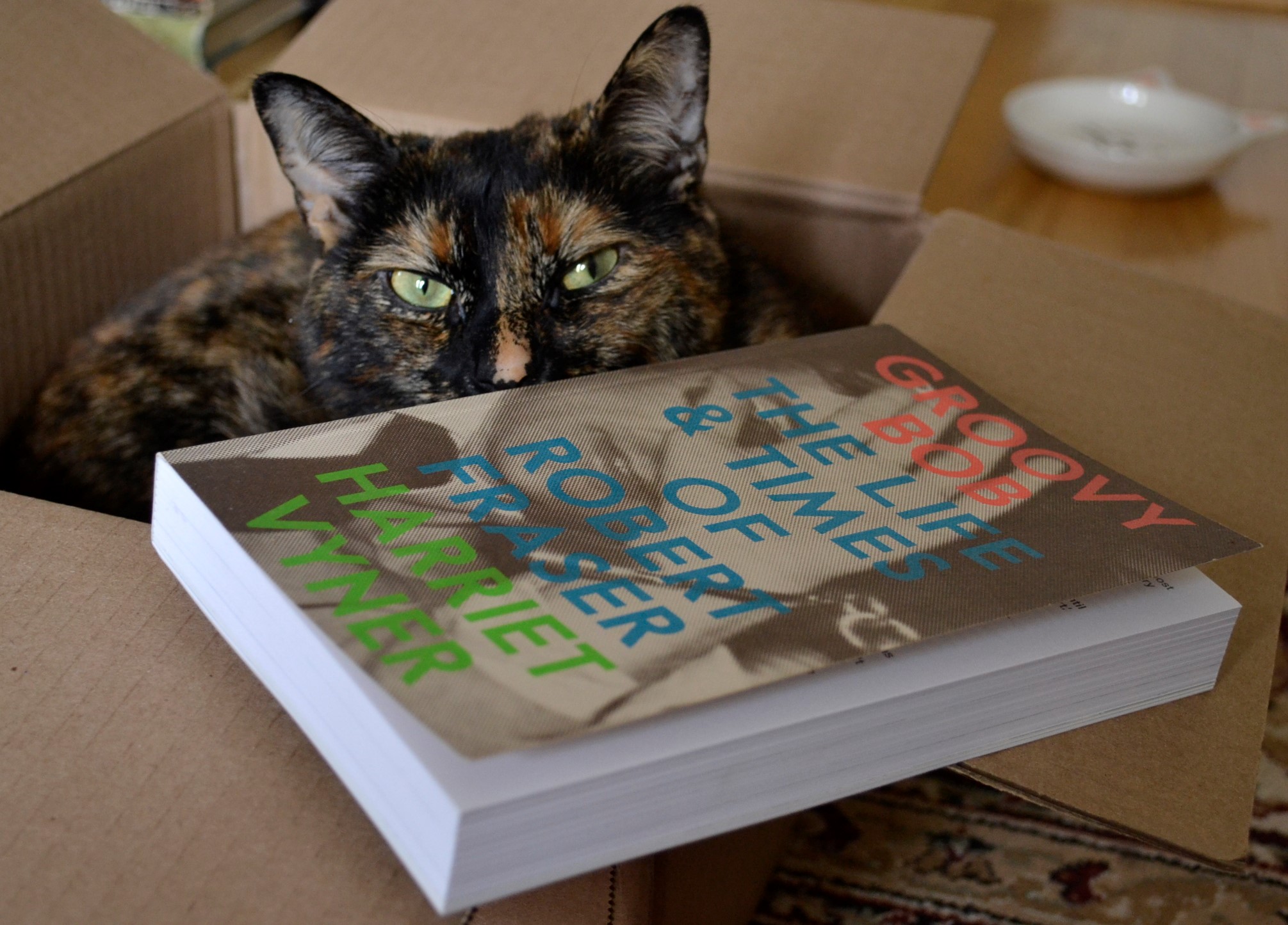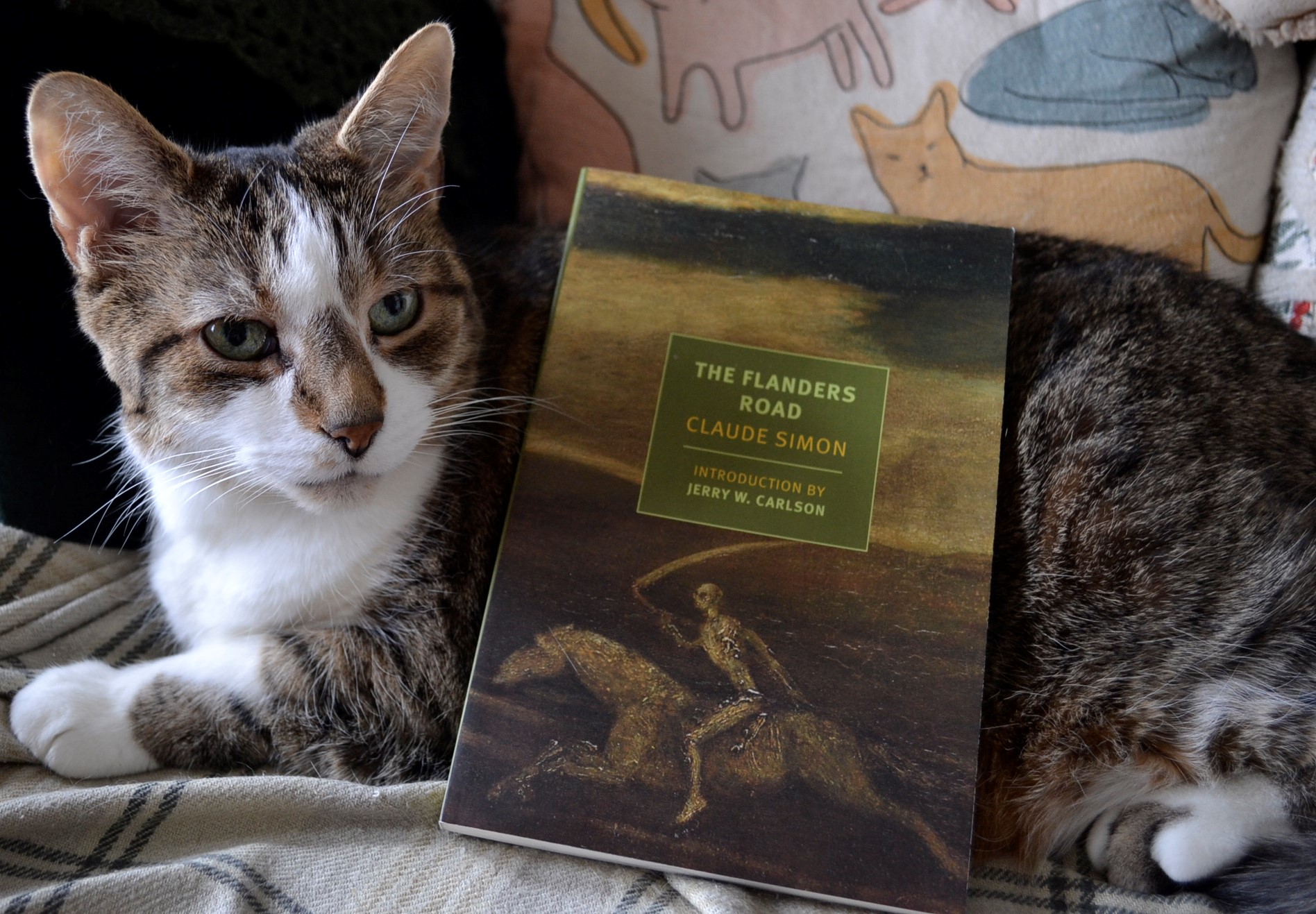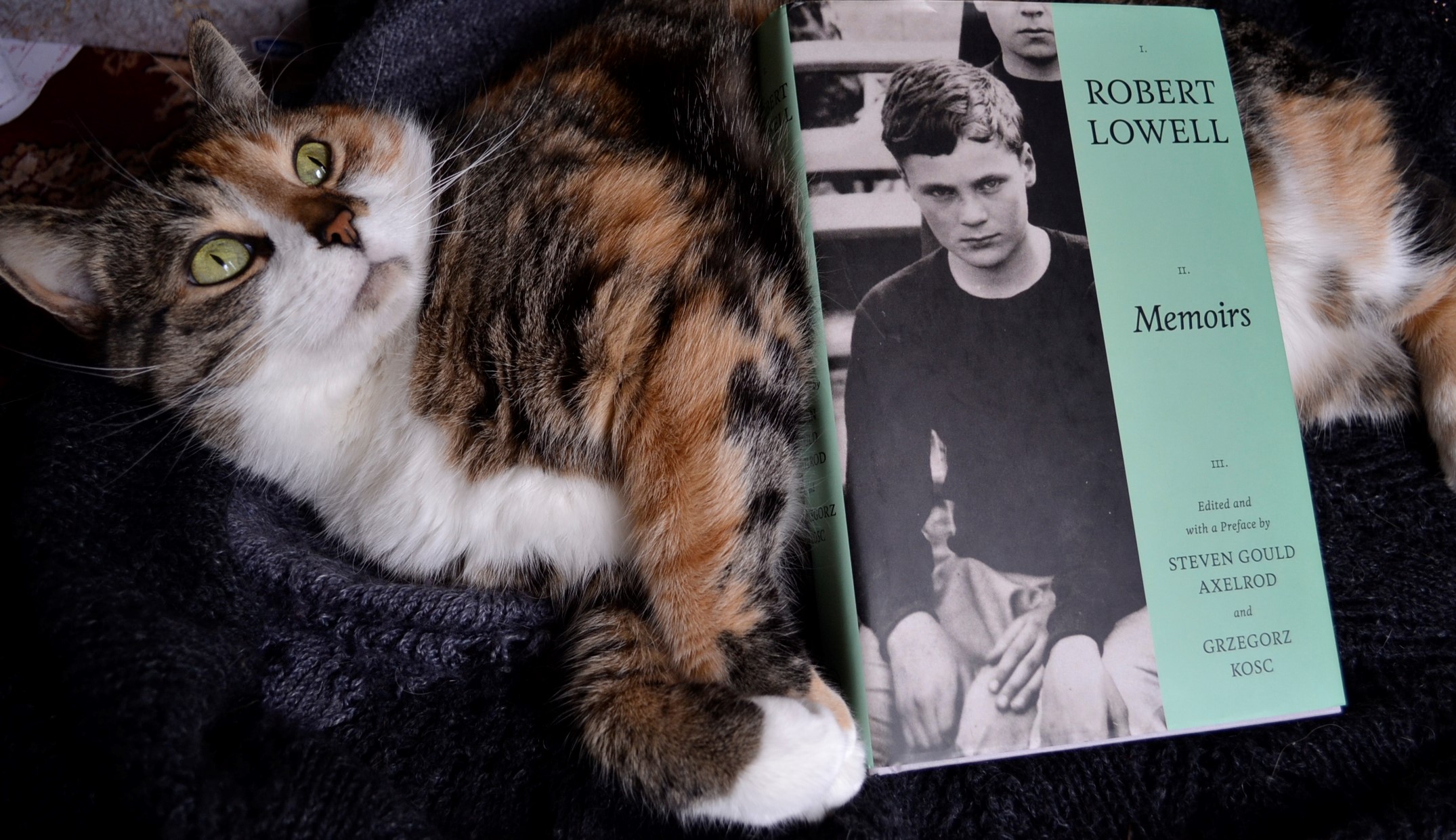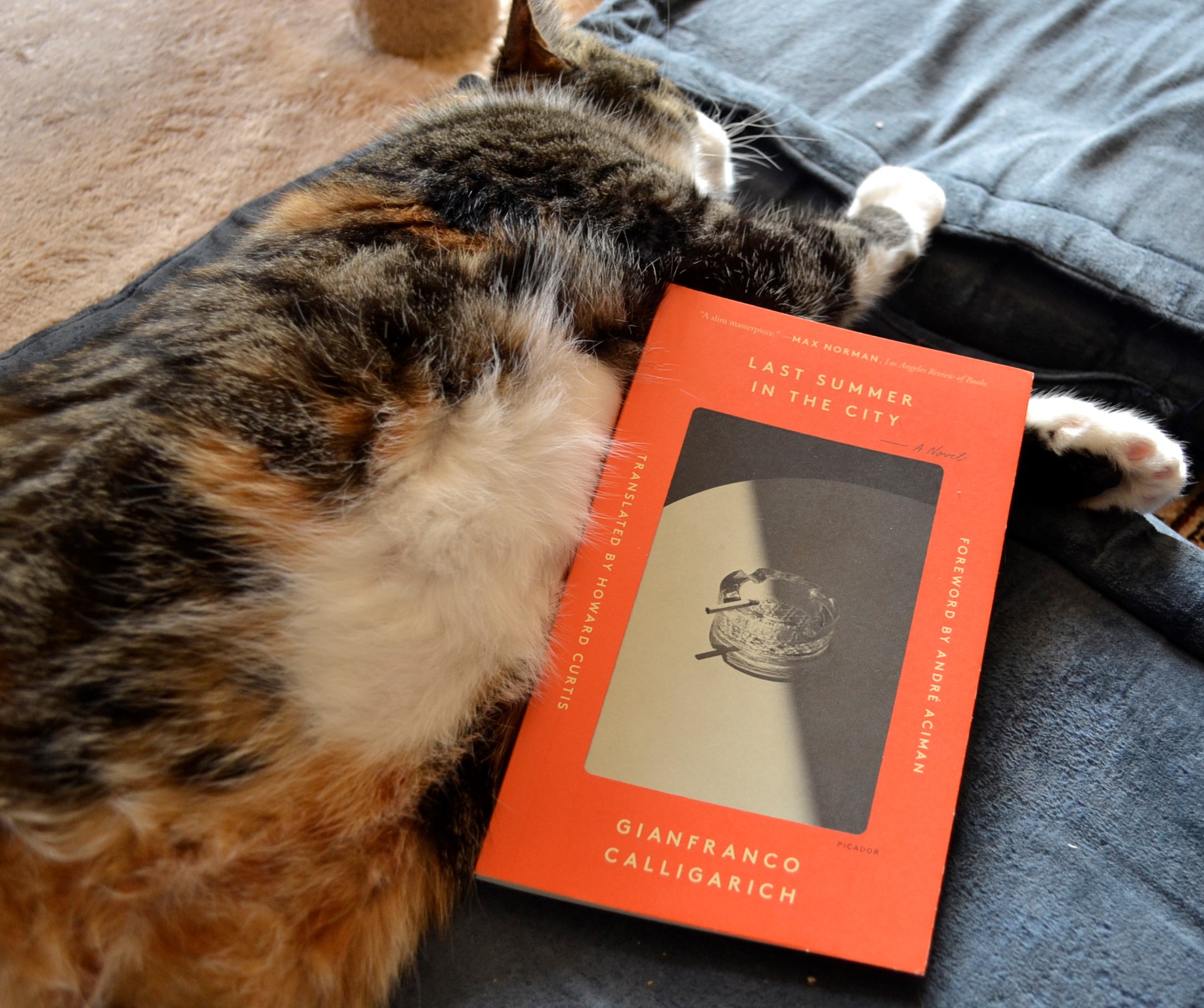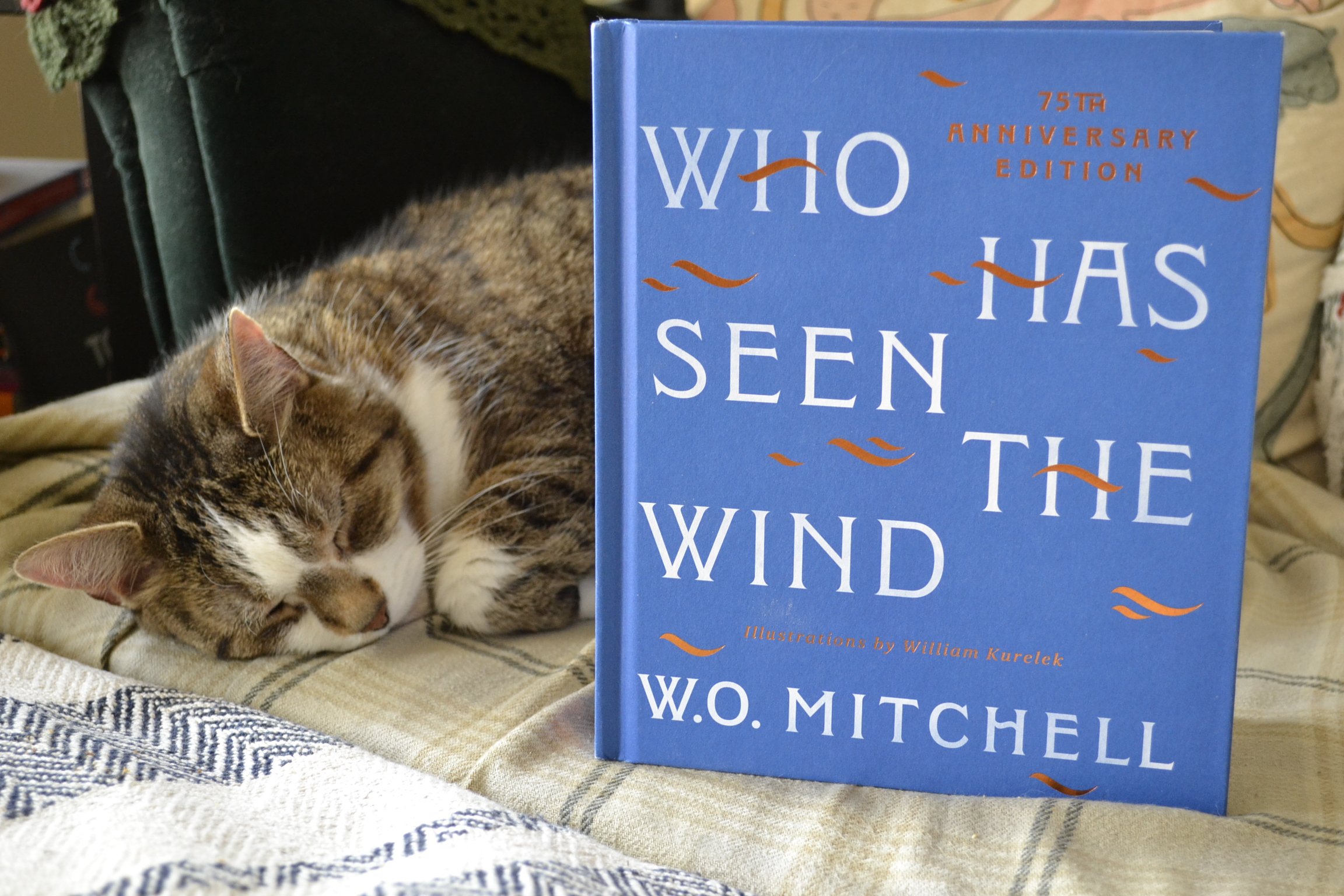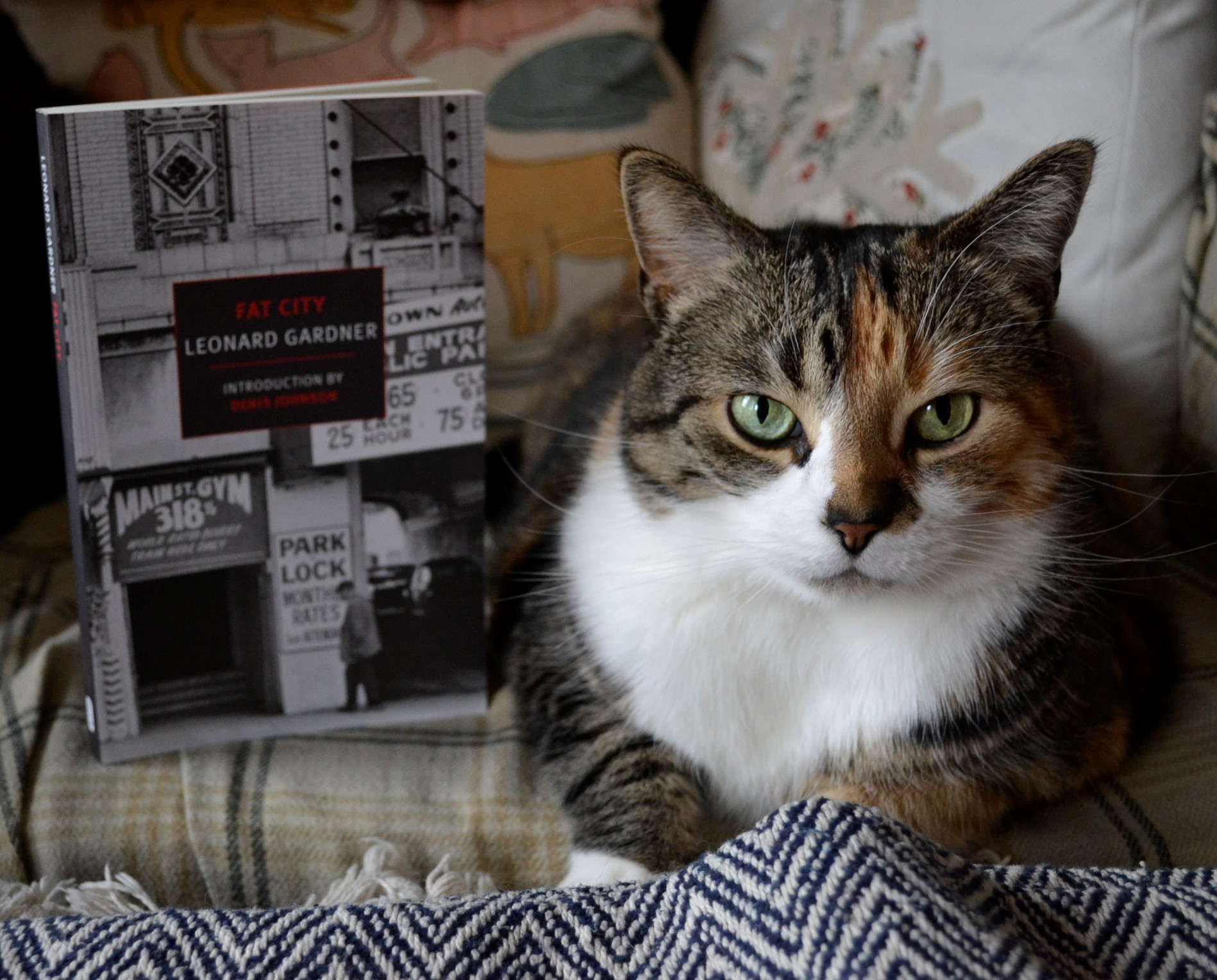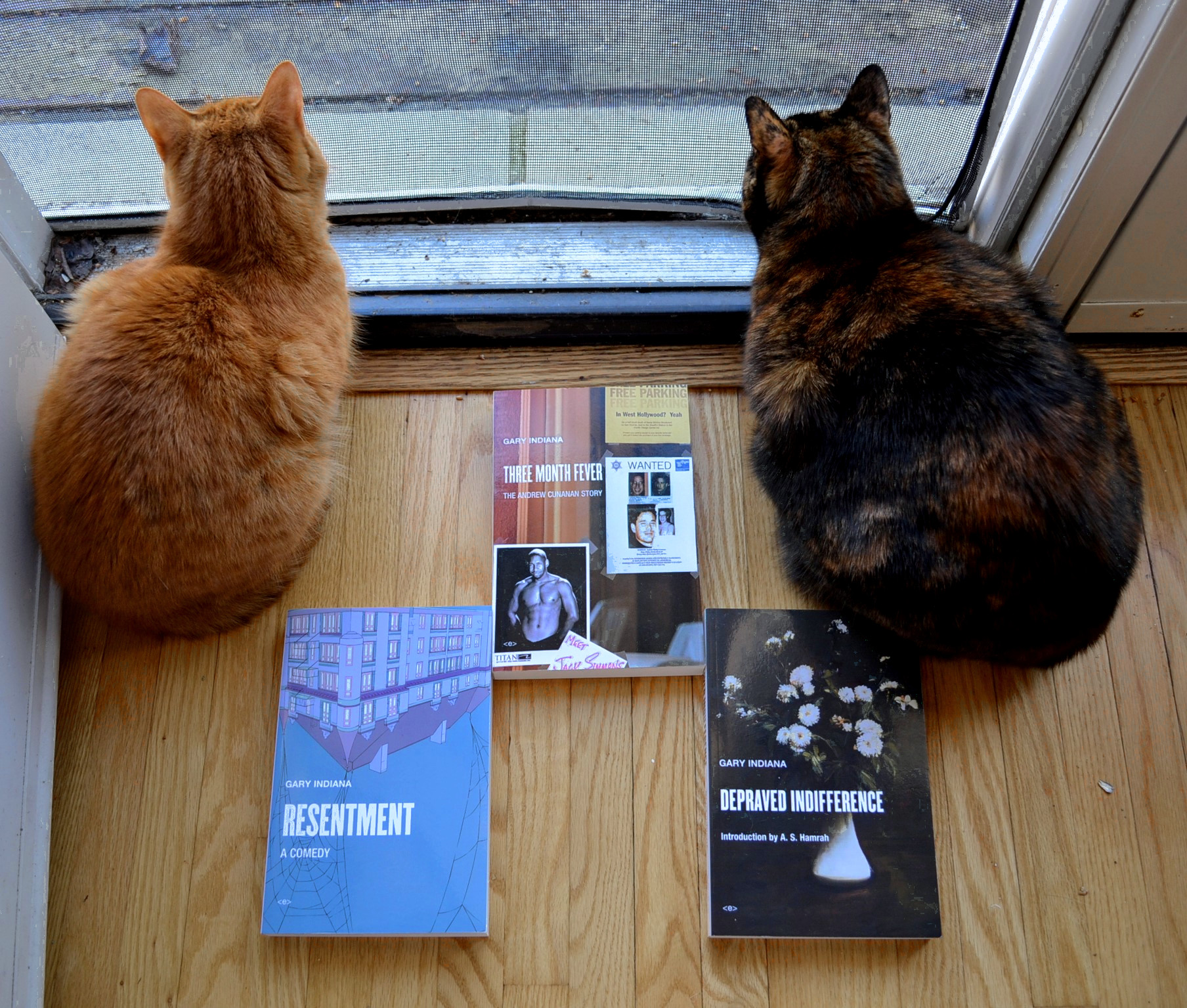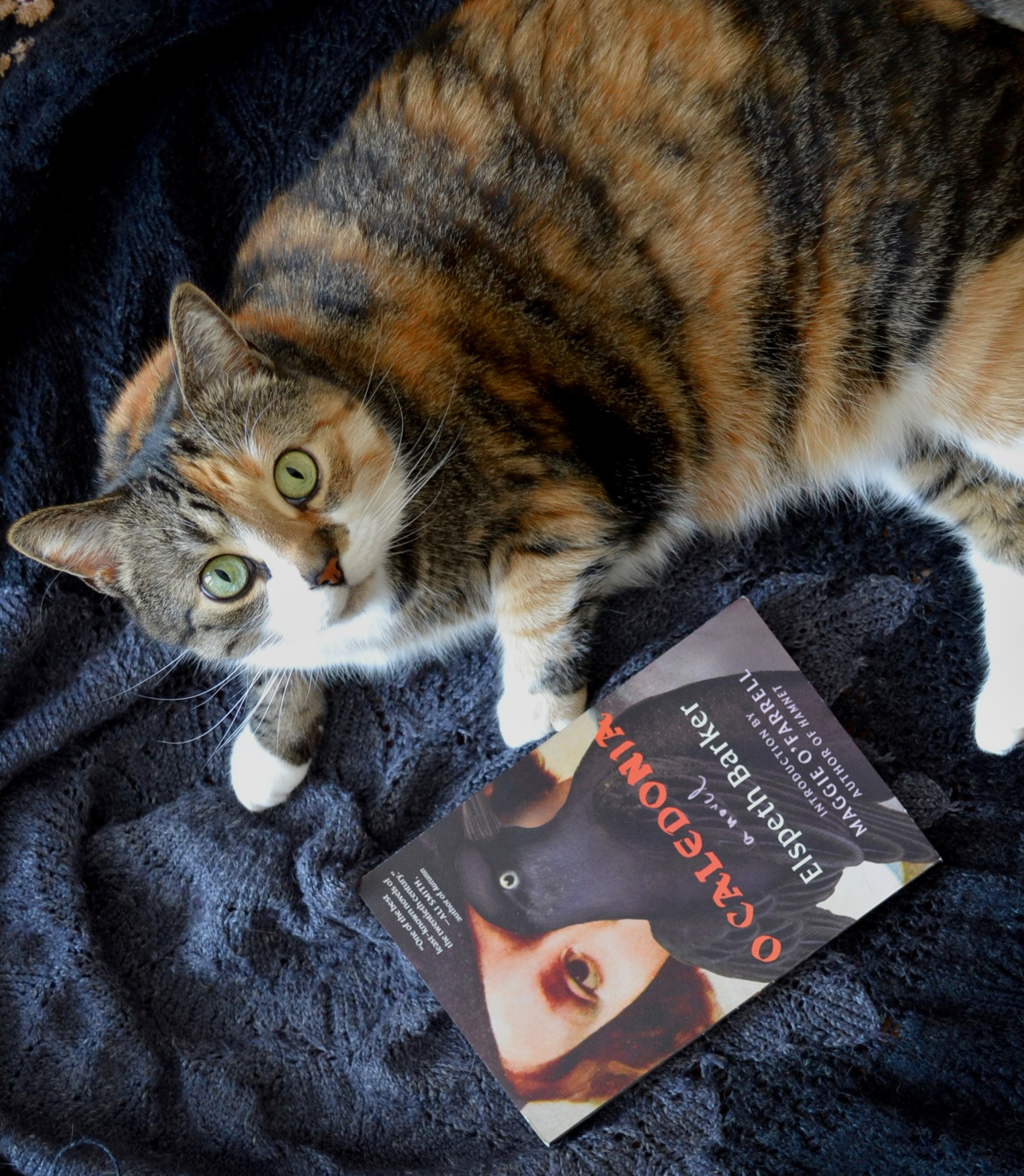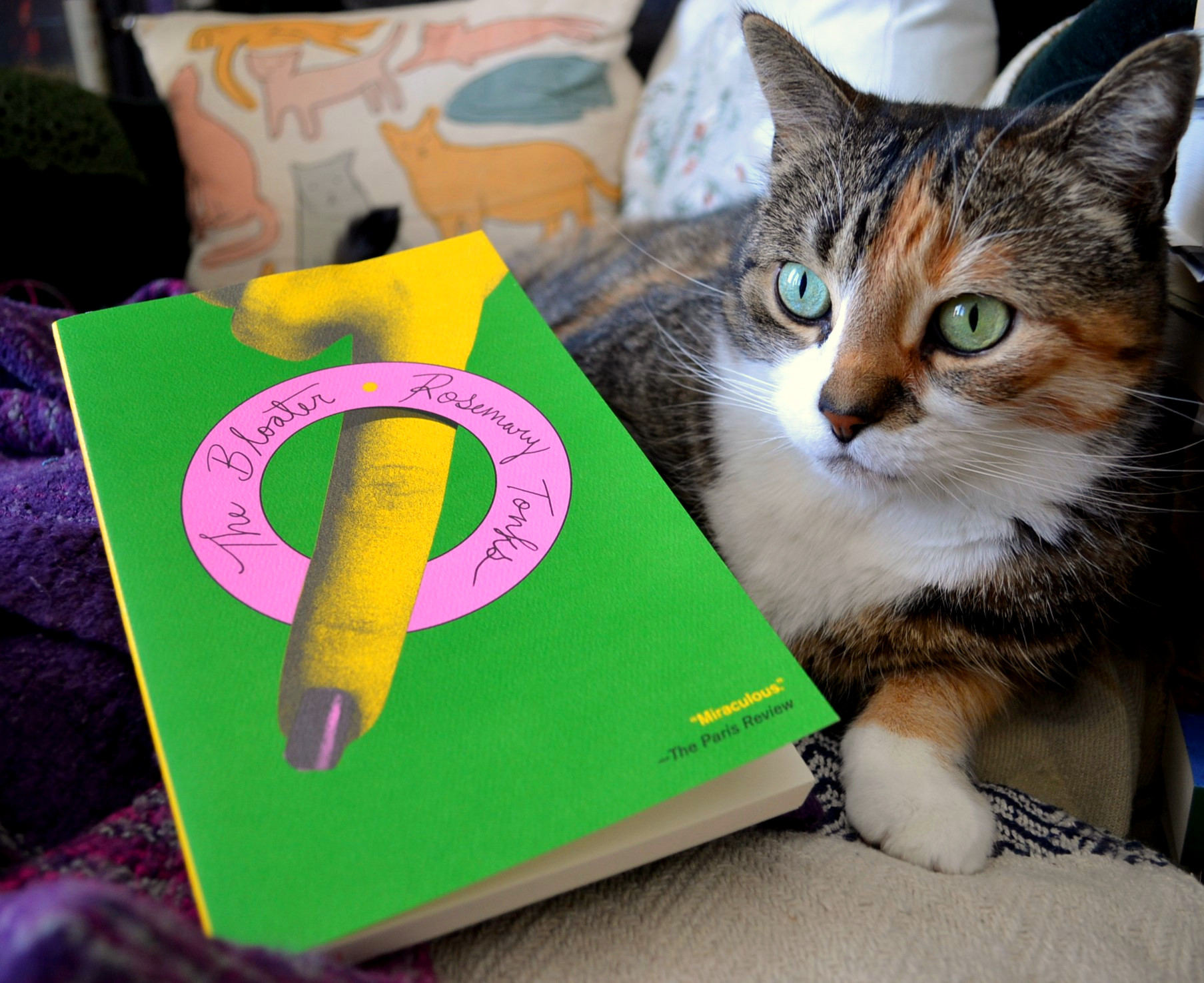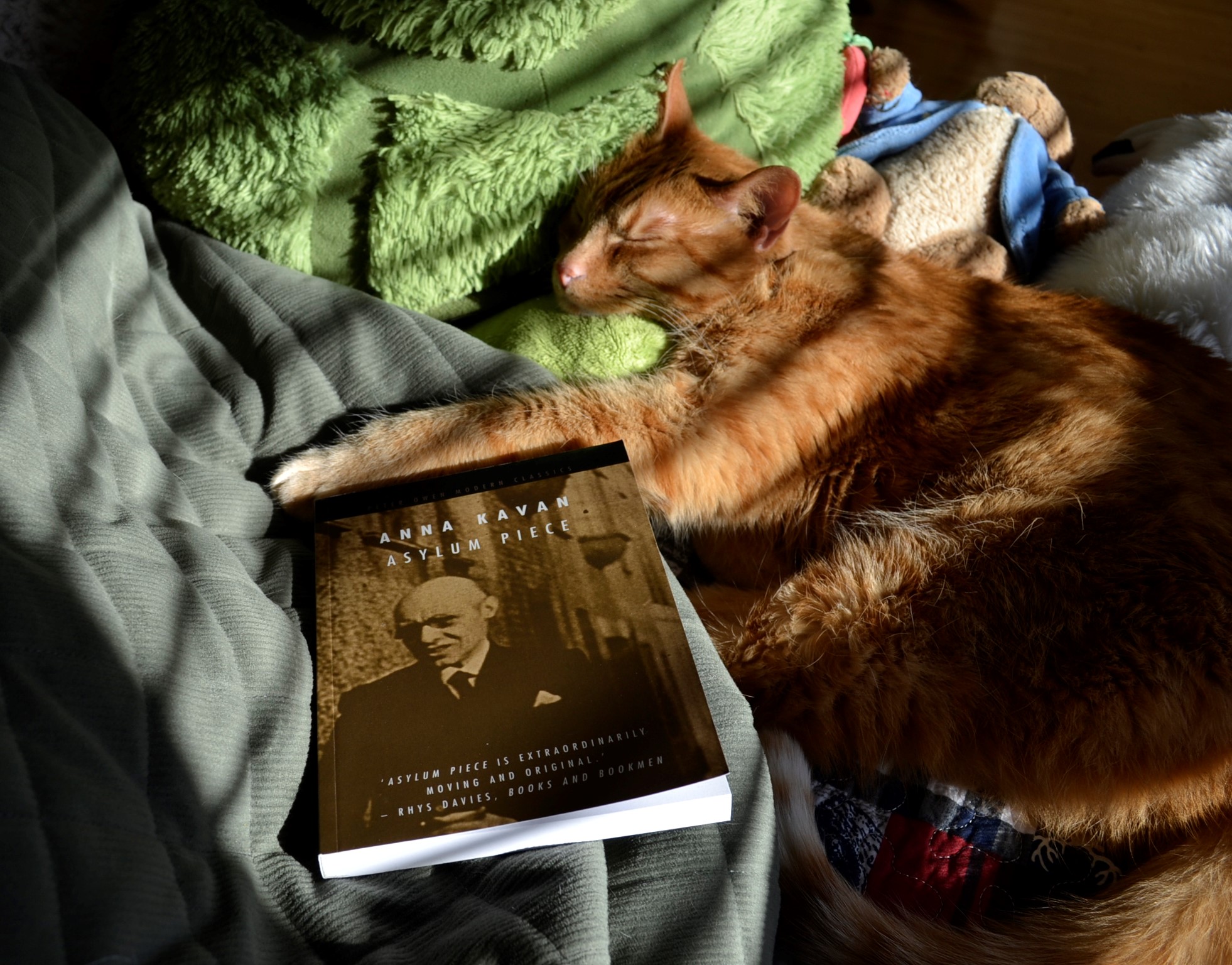Groovy Bob
Vyner decided to write Fraser’s biography via extensive interviews with the people who knew him, including herself and her own memories of him. It’s an interesting mix of individuals and viewpoints because not only does she have statements from his mother and various relatives, the reader also gets to hear from famous musicians, as well as famous artists.
